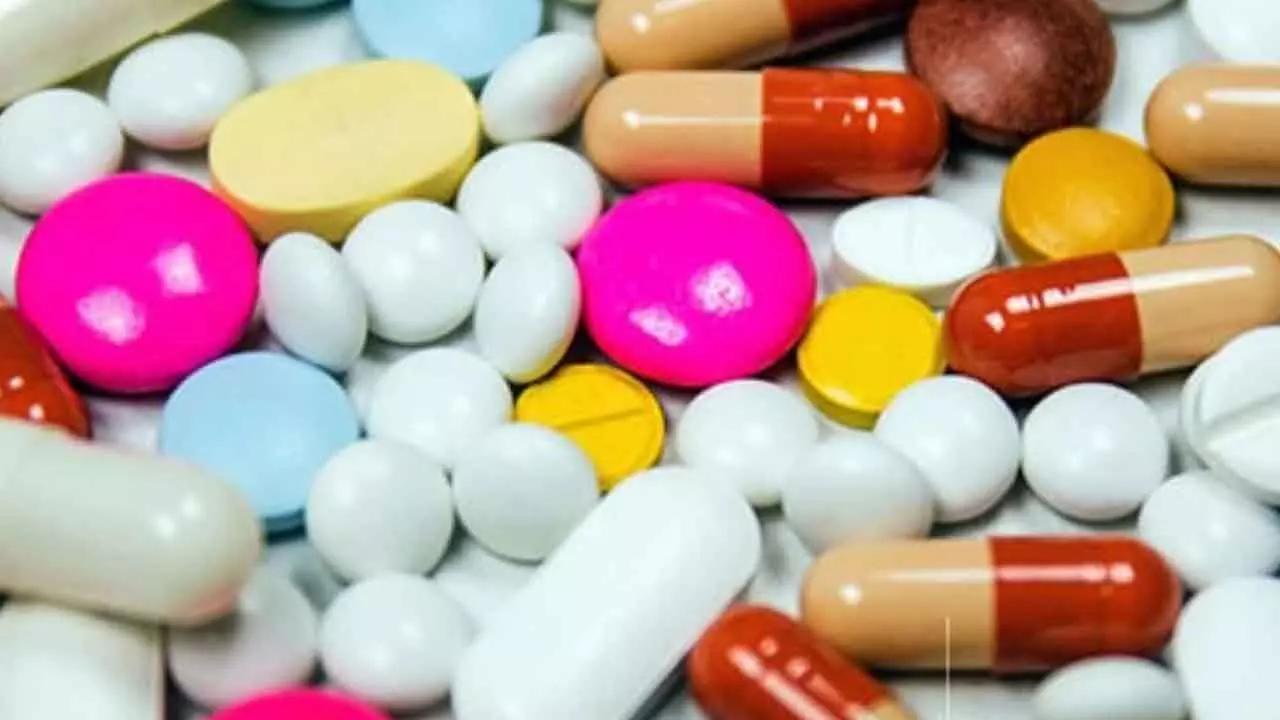Indian Pharma To Gain Amid Higher US Tariffs
It’s due to their superior cost competitiveness, says JPMorgan
Indian Pharma To Gain Amid Higher US Tariffs

Mumbai: Indian pharma companies may stand to gain market share due to the potential impact of US tariffs, according to a JPMorgan report.
Essentially, Indian pharmaceutical companies have the potential to gain market share at the expense of their global competitors due to their superior cost competitiveness, JPMorgan said.
In an expert call, the brokerage also pointed out that the possibility of manufacturing relocation by pharmaceutical companies to the US is unlikely due to higher tariffs.
Tariffs of 25 per cent or higher on pharmaceuticals are improbable due to the significant increase in cost for consumers and the limited availability of alternative suppliers, JPMorgan said.
In the event of a 10 per cent tariff, a substantial portion is expected to be passed on to customers as there is a consistent demand for drugs.
The remaining portion of the tariff will likely be absorbed by manufacturers or Pharmacy Benefit Managers.
Since pricing contracts for manufacturers are typically based on the landed cost of drugs, this supports the likelihood of a higher pass-through to consumers. The tariff increase is anticipated to result in higher drug costs and, in the medium term, increased insurance premiums for patients in the US. If tariffs persist, larger Indian pharma companies might consolidate to enhance their negotiating power, but they are unlikely to exit the market, the brokerage said. JPMorgan is also of the view that biosimilars will likely be exempt from tariffs. Due to the limited manufacturing infrastructure for these products in the US there is a 70 per cent import dependence. Imposing tariffs on biosimilars would likely lead to a quick and significant increase in costs for patients, the report points out.
Regarding Contract Development and Manufacturing Organisations or CDMOs, tariffs on Active Pharmaceutical Ingredients or intermediates are unlikely, JPMorgan said. This would increase the cost of manufacturing formulations within the US. However, if tariffs are imposed on CDMOs, these companies are expected to pass the costs on to their customers. While the US administration aims to reduce import reliance, particularly for critical drugs, and boost domestic production, tariffs may not lead to the relocation of manufacturing, according to the report. It points out that several challenges hinder such a move, including higher manufacturing costs in the US -- estimated to be around 75 per cent higher for small molecule drugs compared to China or India.

